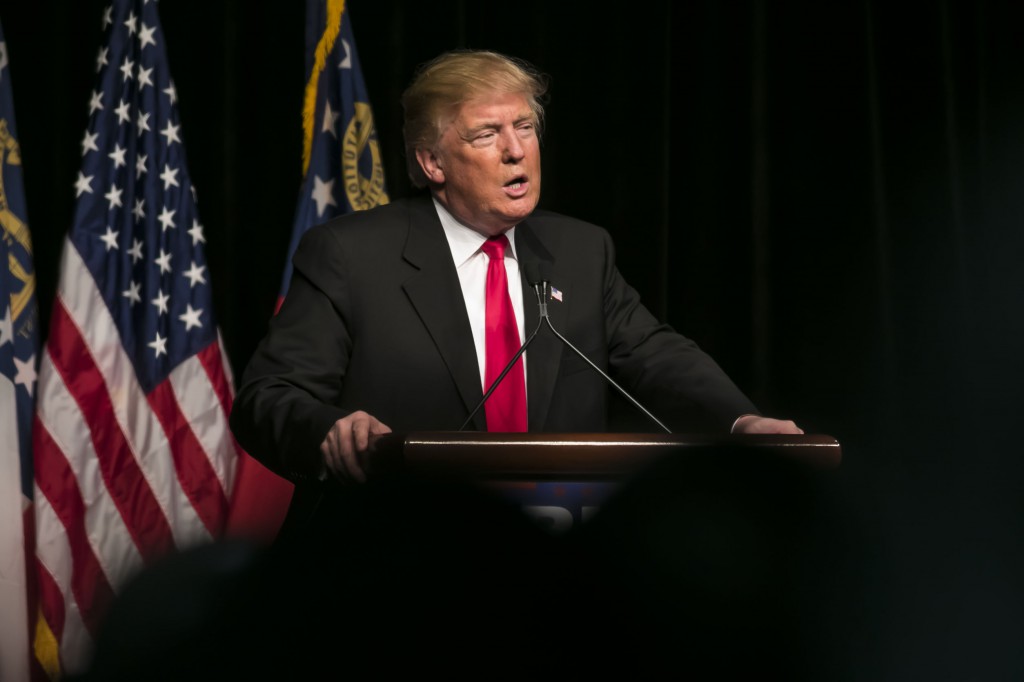The week started on a quieter tone than expected, taking into consideration the weekend’s US-led airstrikes on the Syrian chemical weapons facilities. The Russian President reacted on the attack with a statement that any further strikes will lead to further destabilization of global talks. This news of course boosted the market sentiment, as investors are closely monitoring any sign of future actions. In addition, Trump is now considering rejoining the Trans-Pacific Partnership (TPP) that we withdrew from as he took office. Just a week later, after the has announced the consideration of imposing additional $100 billion tariff on Chinese products, last Thursday did the President Trump say the US and China may end up levying no new tariffs on each other. Coming back to the Trans-Pacific Partnership, according to the CNN, Trump sent a Twitter post on Thursday, where he said US “would only join TPP if the deal were substantially better than the deal offered to President Obama. We already have bilateral deals with 6 of the 11 nations in TPP, and are working to make a deal with the biggest of those nations, Japan, who has hit us hard on trade for years!” As it has been proven up to now, President Trump tend to be temperamental, therefore it is yet to see how the proceedings will go.
On Friday, we had news coming from China regarding the country’s exports and the results were surprisingly lower than expected. From the forecasted 179 billion, the actual figures came in shocking -30 billion. The results were written off by the investors, believing that they were influenced by the seasonal factors and believe it is still too early to call it a trend. It is important to mention that China’s overall exports and imports grew early in the year where the first-quarter exports to the US rose 14.8% from the previous year, despite the 5.6% drop in March. According to Lisheng Wang, economist at Nomura in Hong Kong, there is a belief that the exports growth will slow as the yuan in appreciating and due to the rising trade tension.
Regarding Europe, the EU trade balance numbers came better than expected on Friday, suggesting that more goods and services were exported than imported. However, due to the looming trade war and the stronger euro, the outlook for Eurozone exports may become more challenging. Even though EU is not an essential player in the trade war, it still has a prominent place in the global supply chain and it could be hurt by the possible consequences.
Today we have plenty macroeconomic news coming from the US, with the core retail sales and Empire State manufacturing index to be released, as well as FOMC member Bostic’s speech that will be in focus.
The geopolitical tensions are expected to continue affecting the markets as it is still trying to process the US-led airstrikes n Syria over the weekend.
ECONOMIC CALENDAR EVENTS FOR APRIL 16th
EUR German WPI m/m
CHF PPI m/m
USD Core Retail Sales m/m
USD Retails Sales m/m
USD Empire State Manufacturing Index
USD FOMC Member Bostic Speaks


